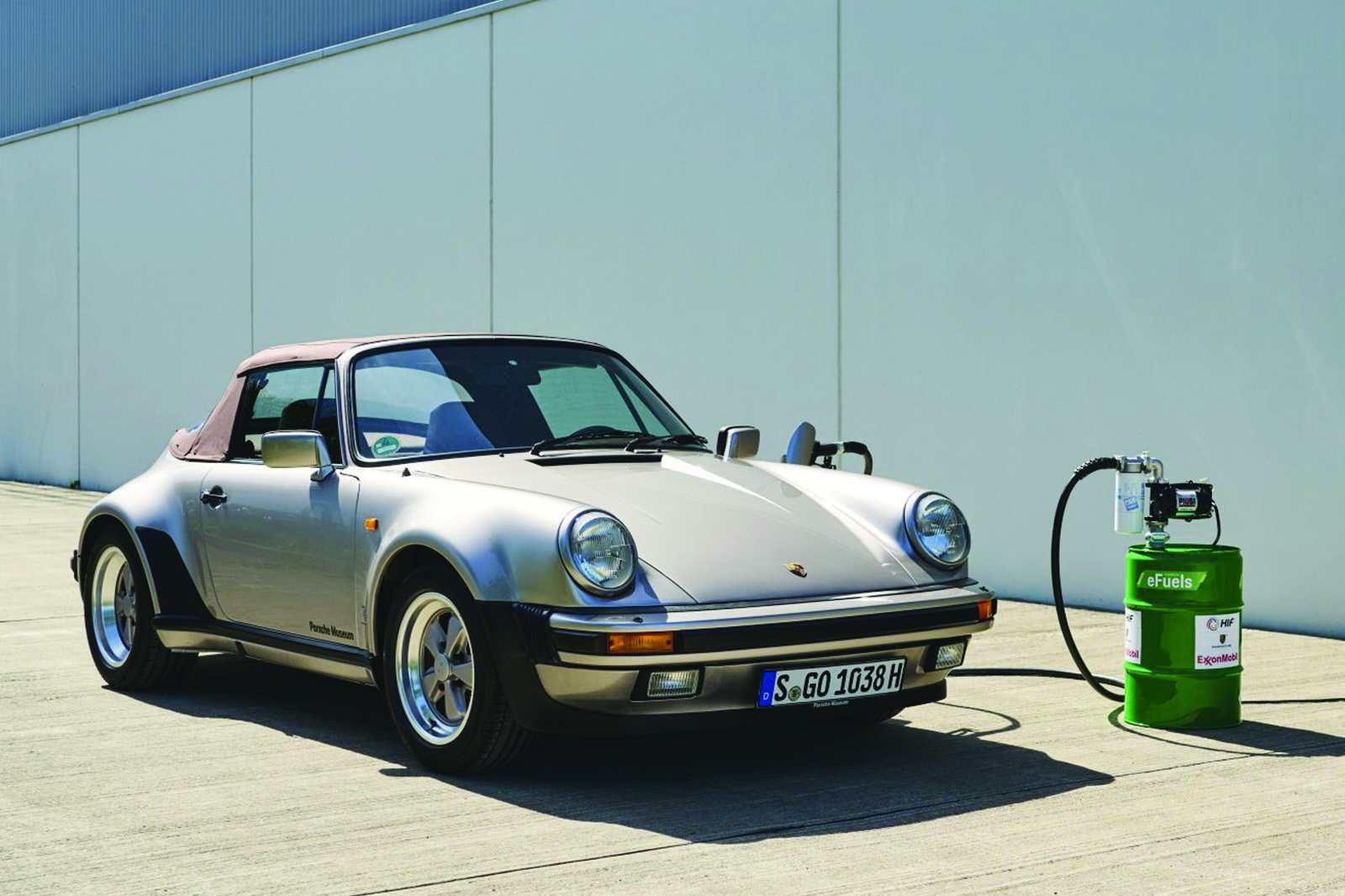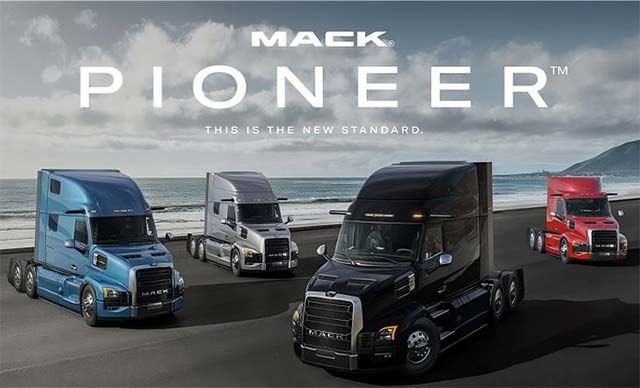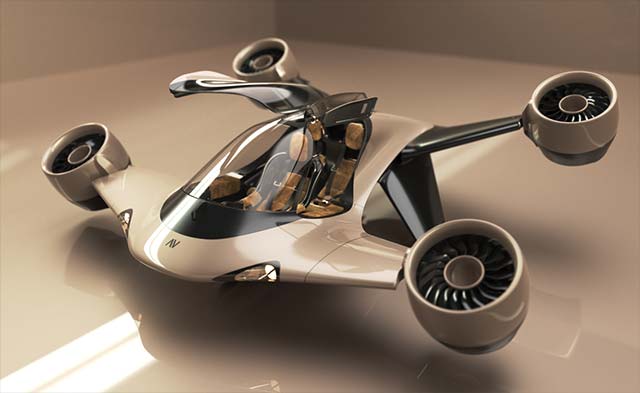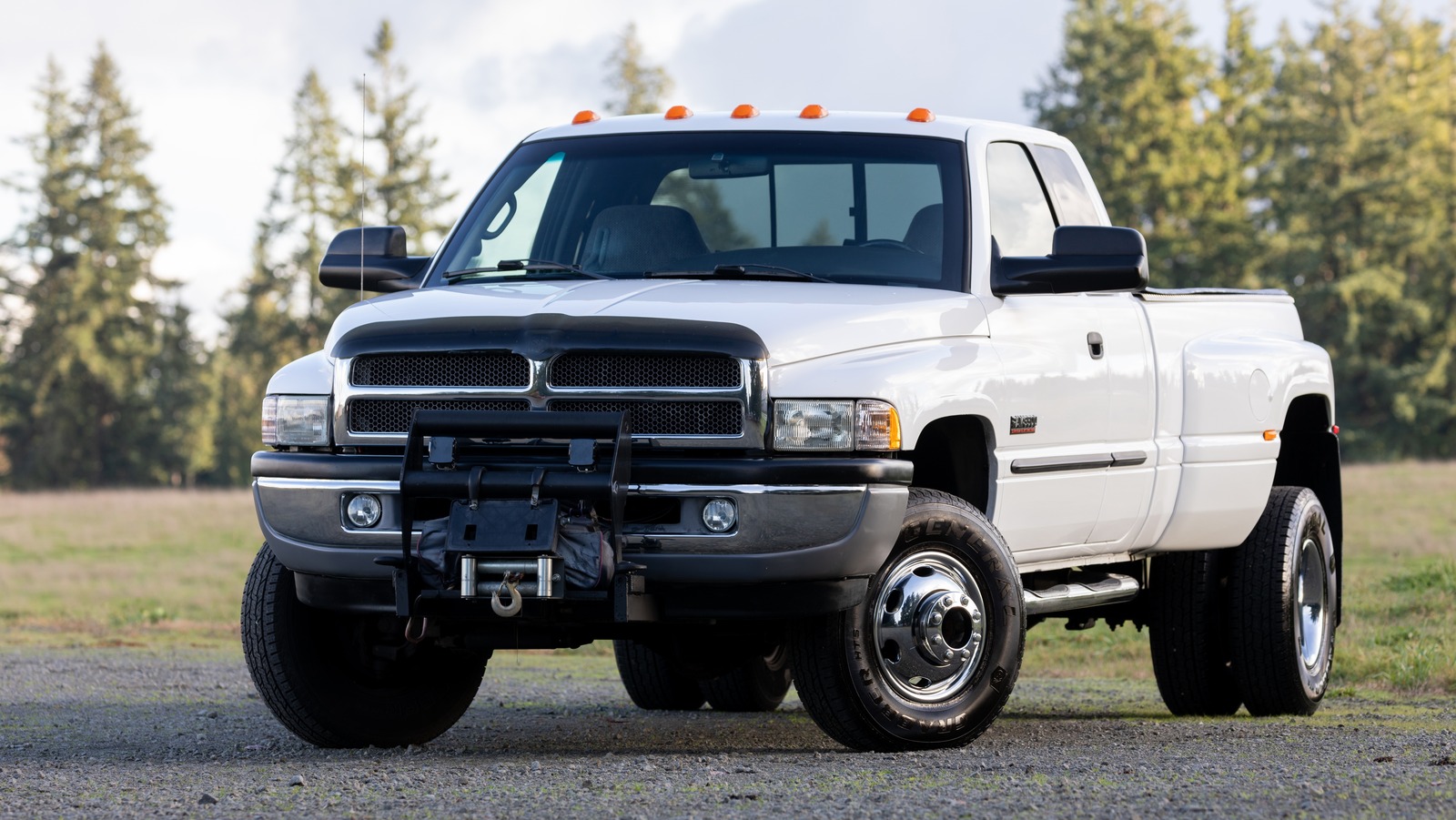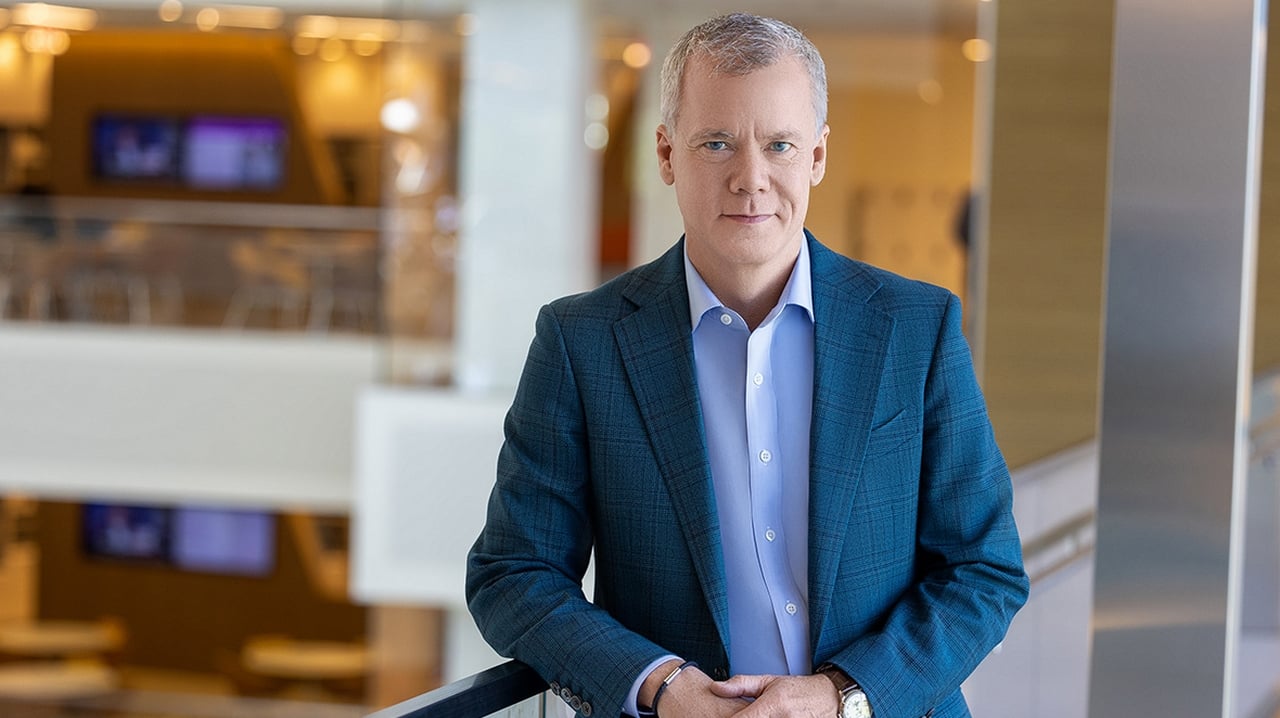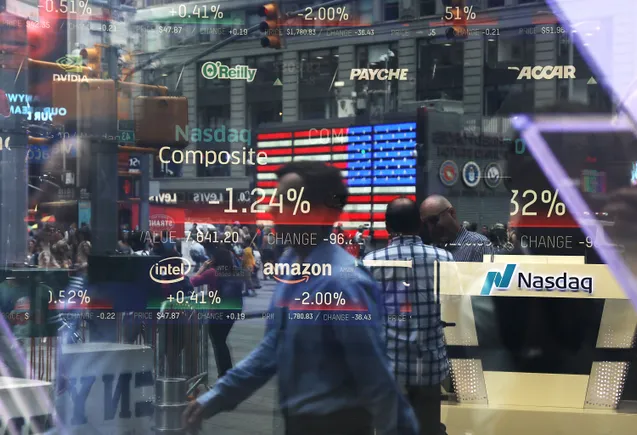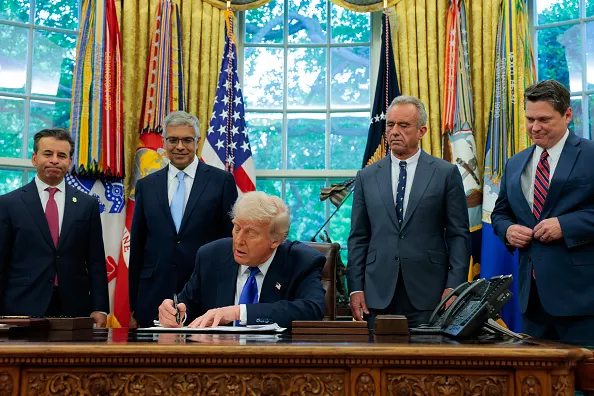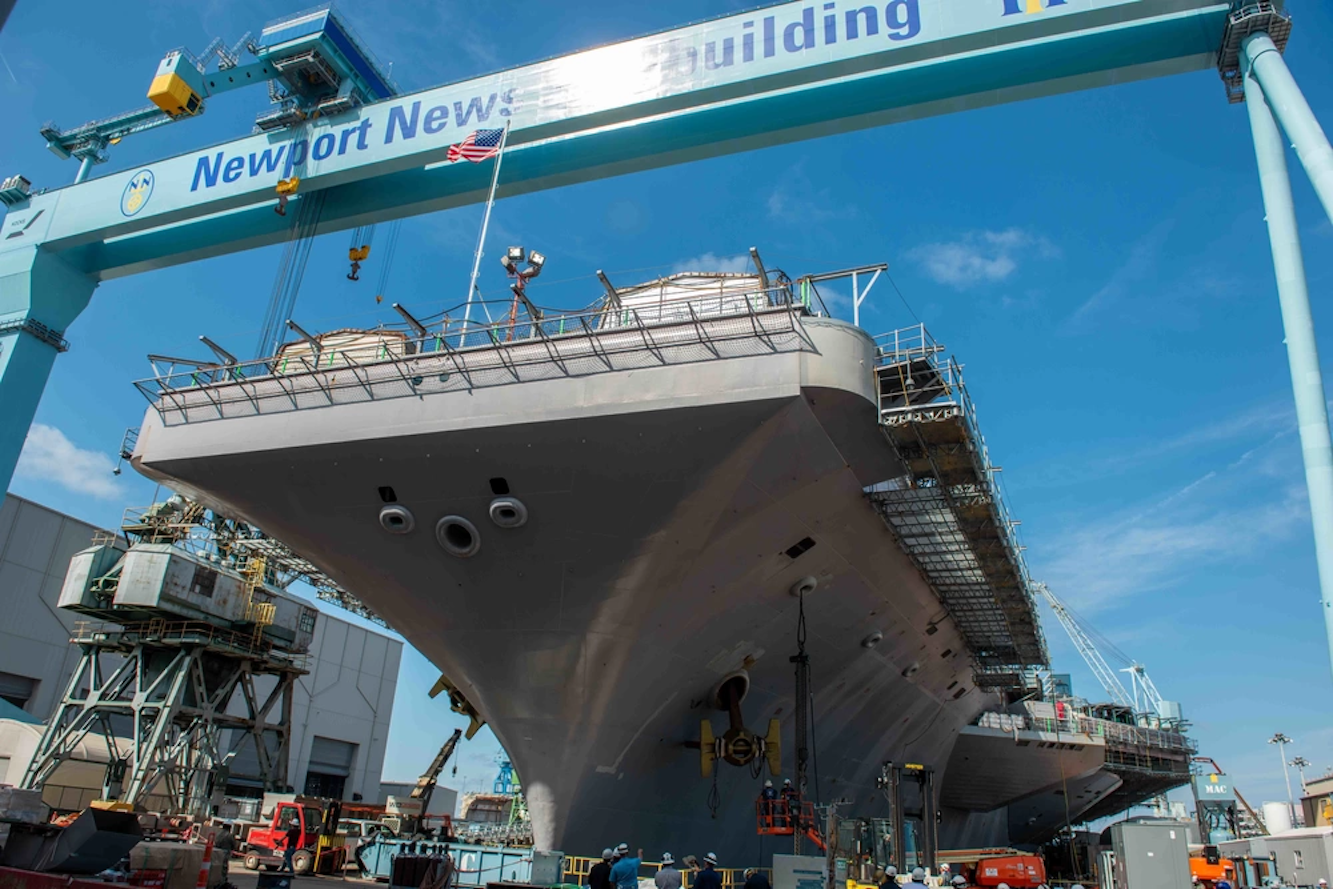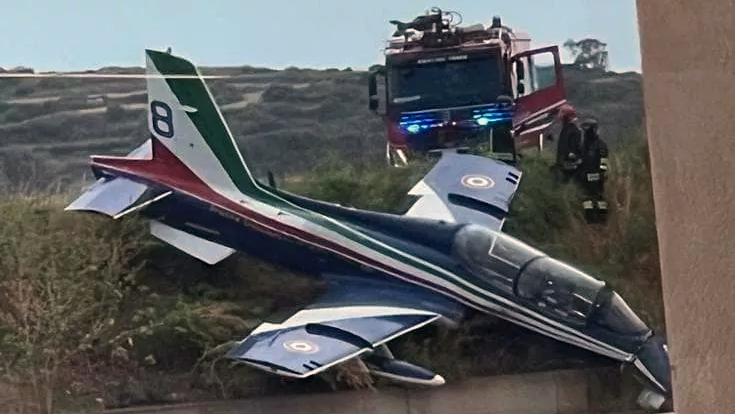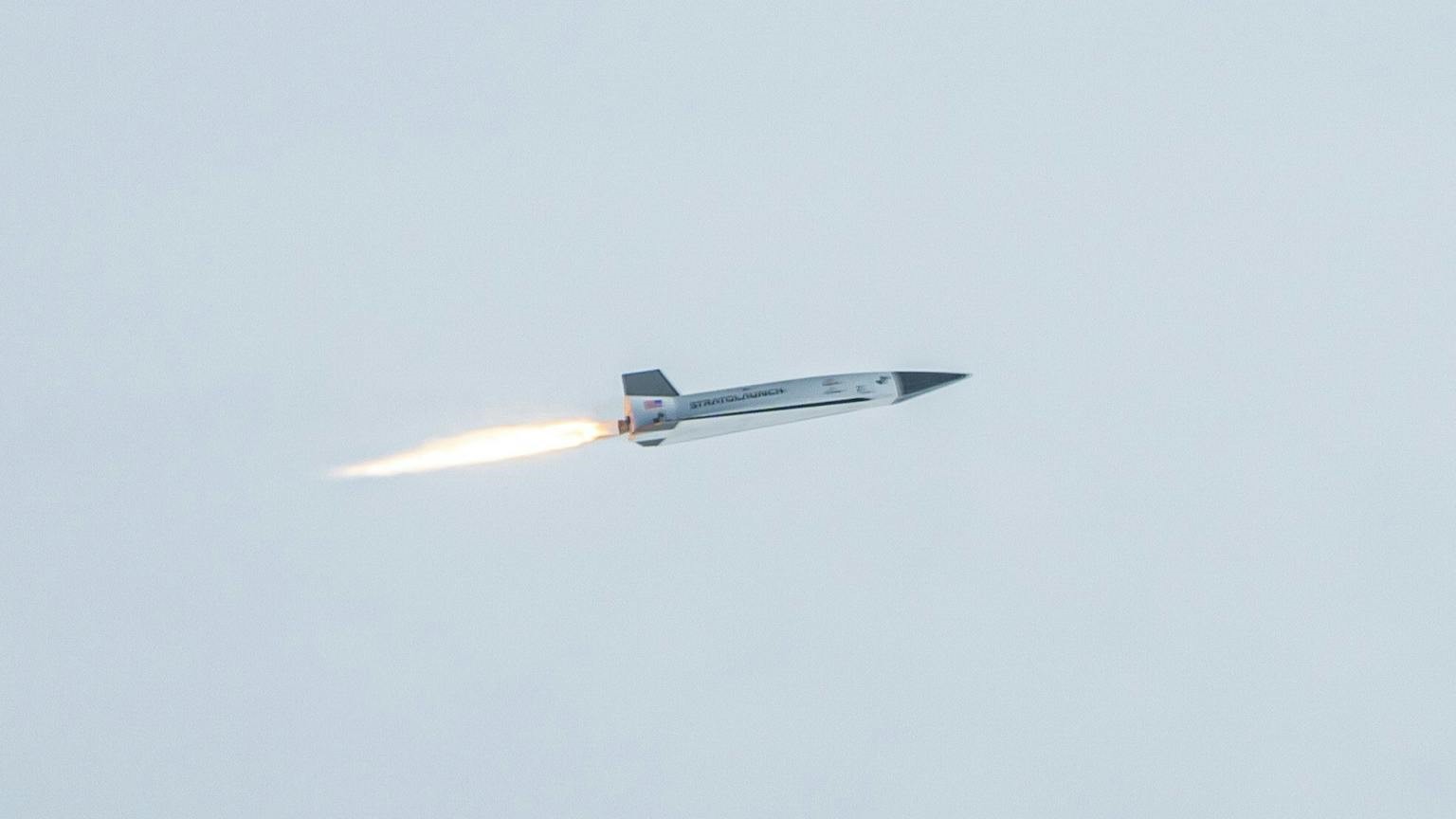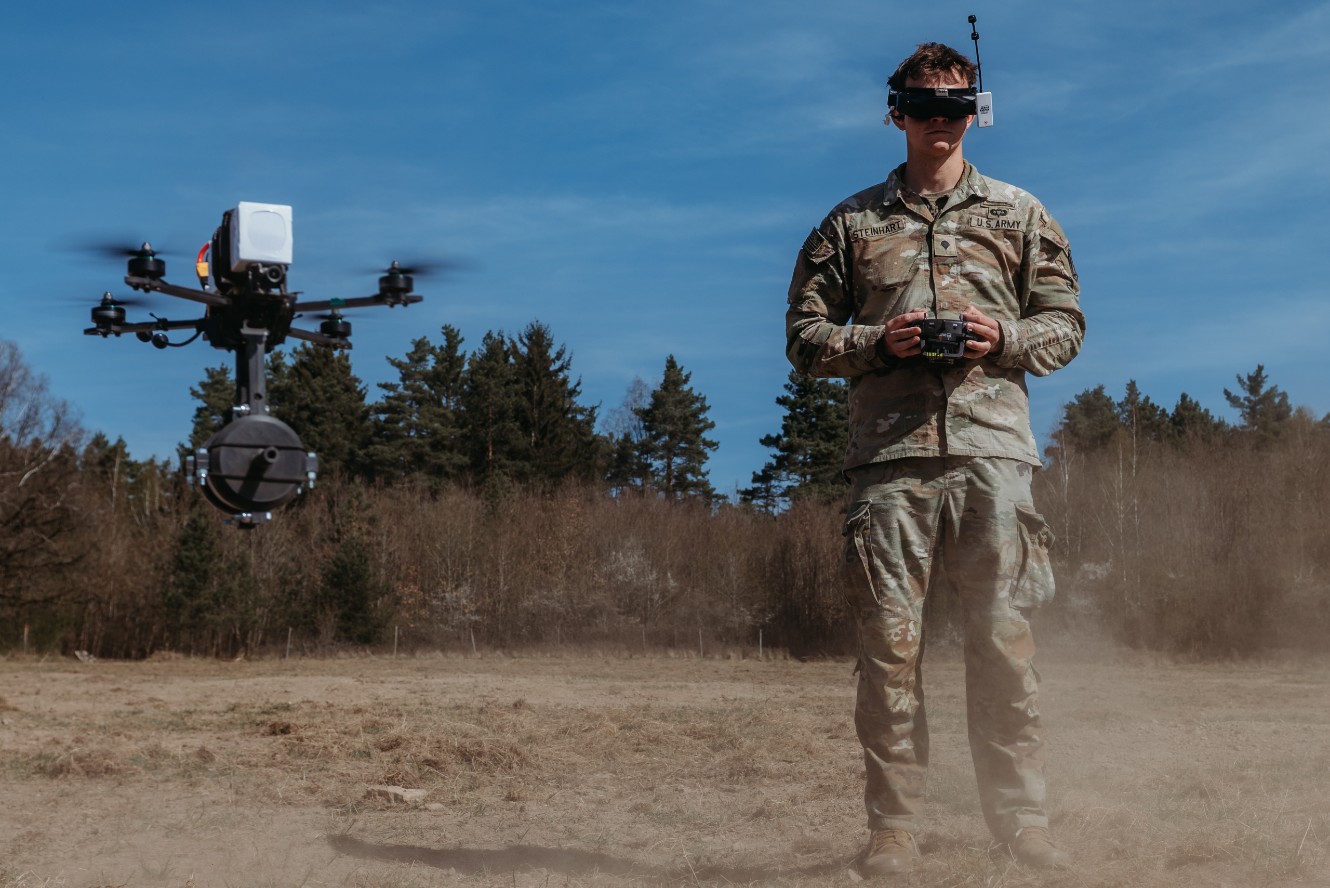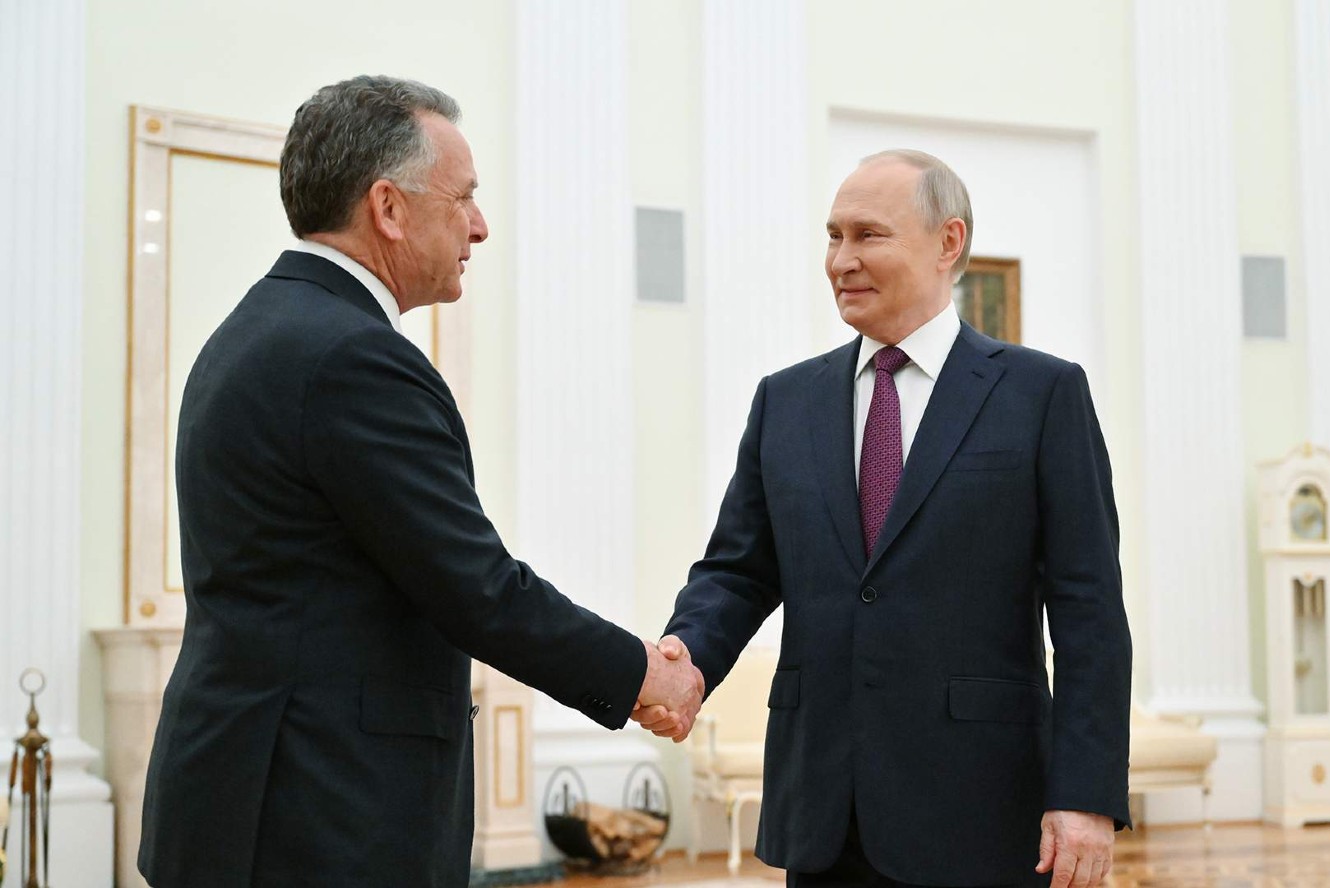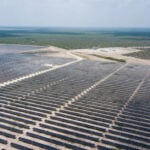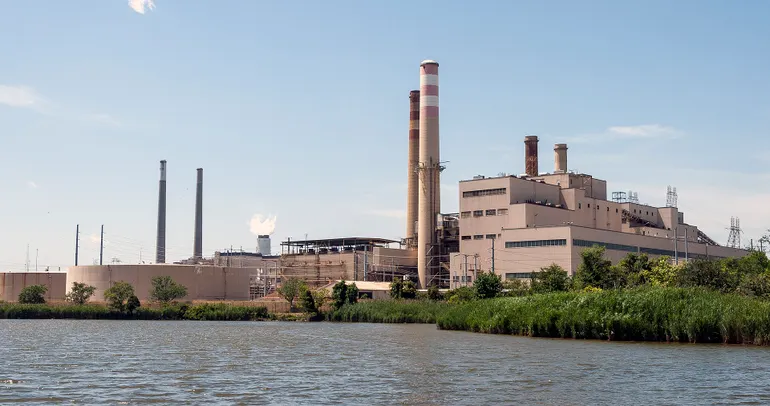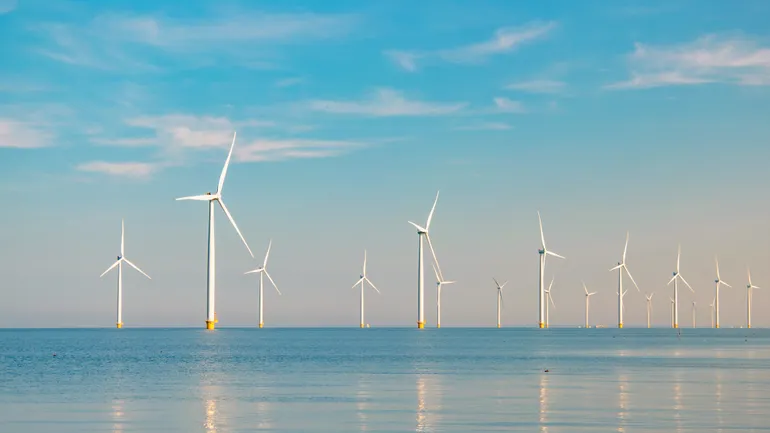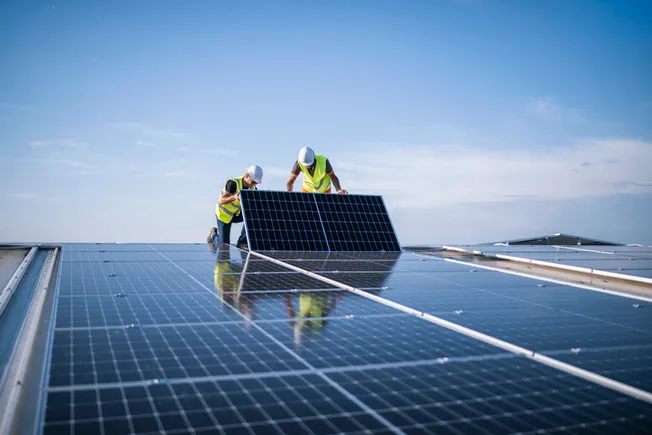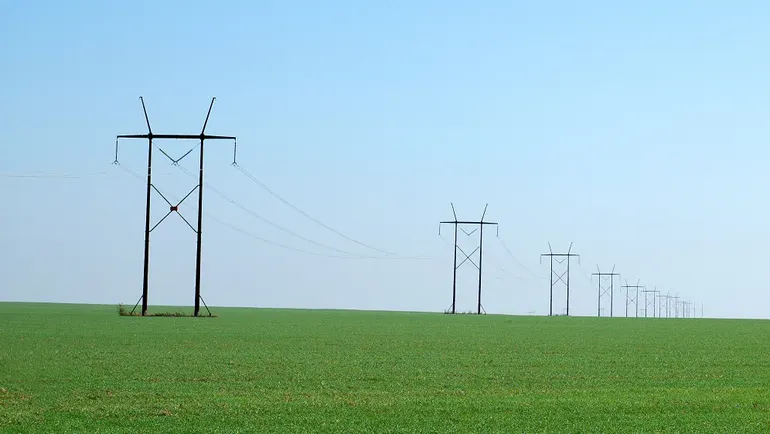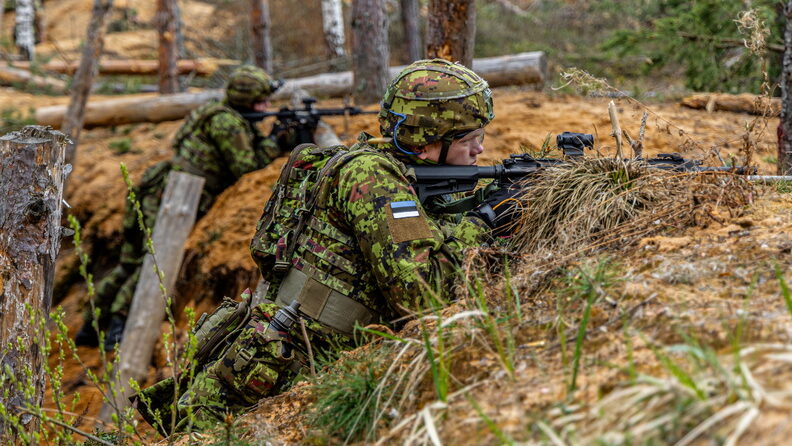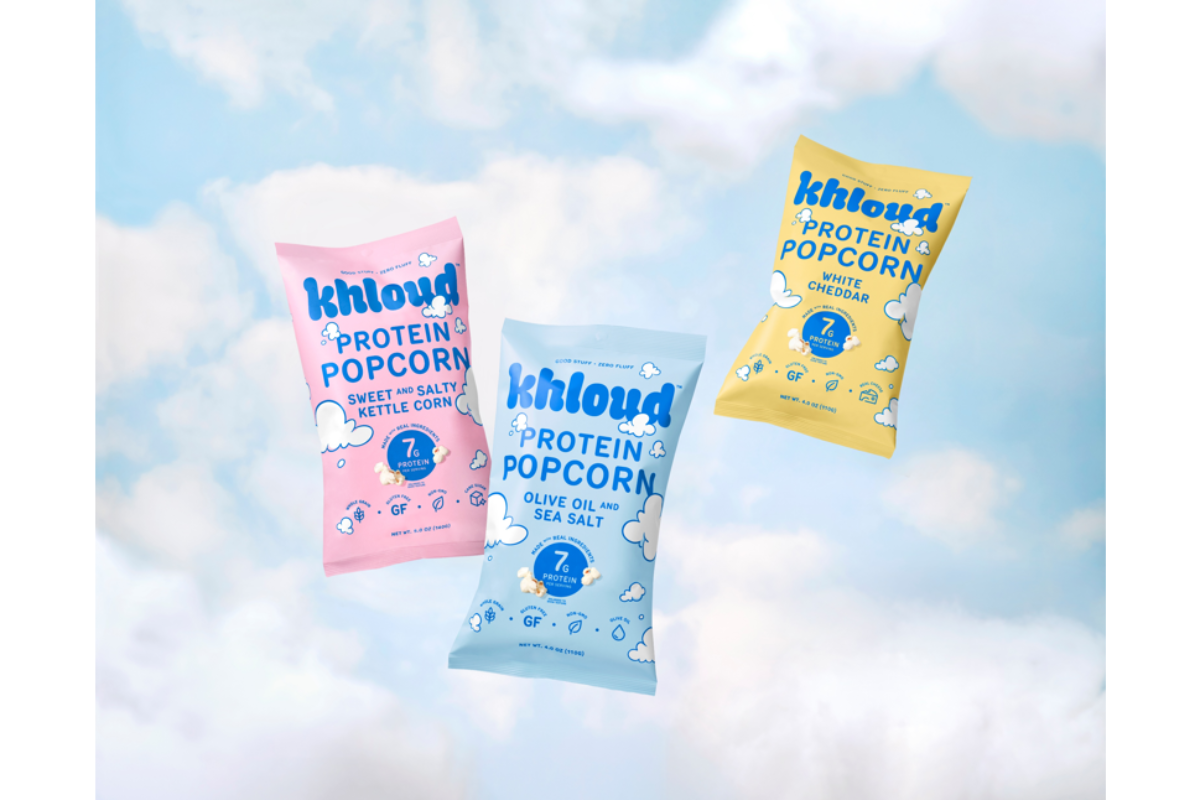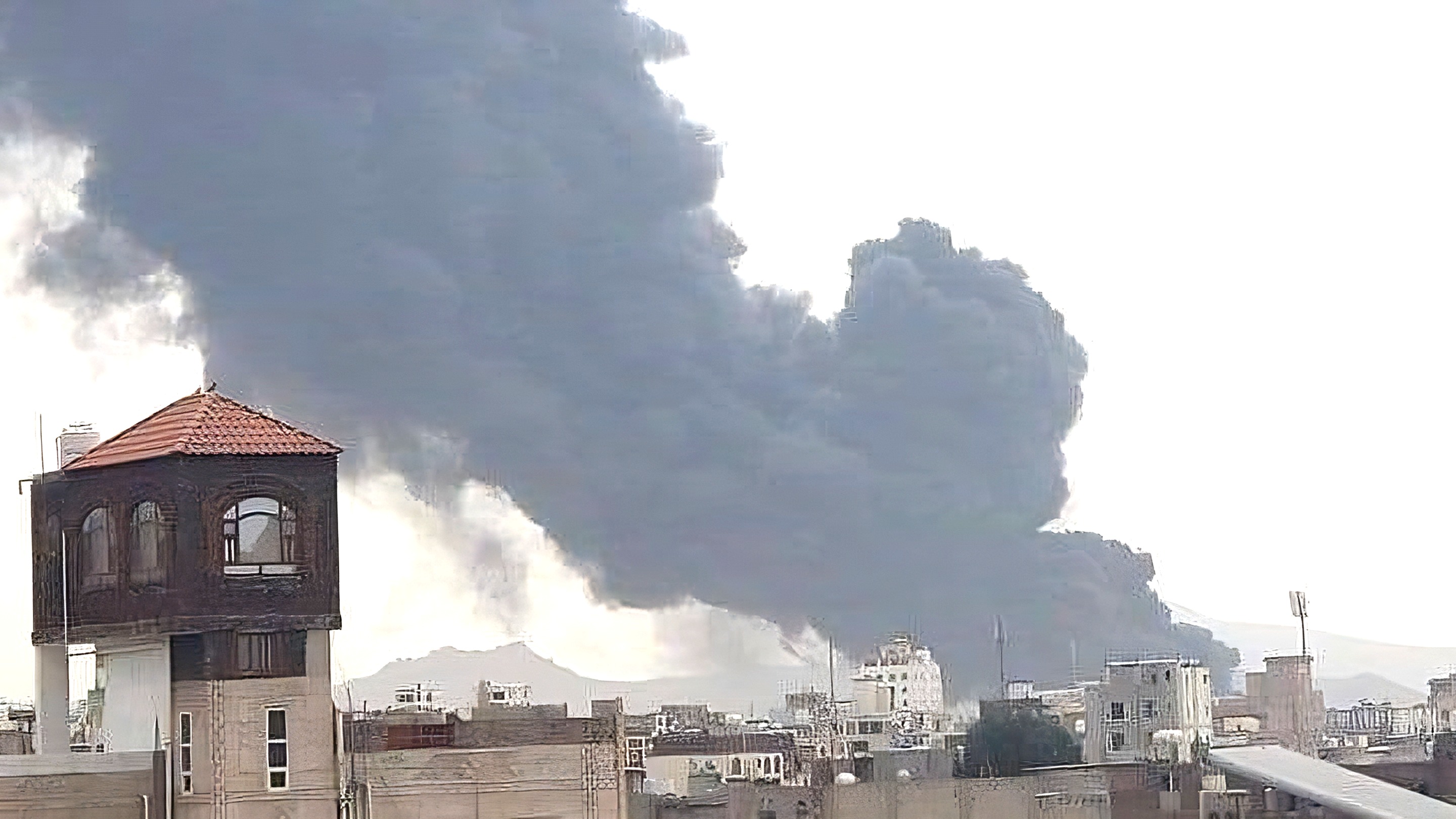Canada must seek a new equilibrium with the US, and defense could be key
As Prime Minister Mark Carney goes into his first meeting with President Donald Trump, he should offer greater defense spending to help repair relationships, Thomas Juneau writes in this op-ed.


Mark Carney, Canada’s prime minister and leader of Canada’s Liberal Party, during an election night event at TD Place in Ottawa, Ontario, Canada, early on Tuesday, April 29, 2025. (Photographer: David Kawai/Bloomberg via Getty Images)
As Canada’s new Prime Minister, Mark Carney, has repeated several times, relations between Canada and the United States as we used to know them do not exist anymore. This poses potentially existential questions for Canada’s security and prosperity, given how dependent the country is on its southern neighbor.
As Prime Minister Carney plans his first visit to the White House to meet President Donald Trump — who has repeatedly threatened to annex Canada and make it the 51st state — he should consider proposing a new agreement, one where Canada makes a point of increasing its defense spending and working with the administration.
Simply put, Ottawa has no choice but to make relations with Washington its top priority, and should not be shy about using national security investments as a way to do that.
It is possible to think about the future of Canada’s relations with the United States in terms of three scenarios. The ideal scenario, of course, would be for relations to return to the pre-2025 status quo, given how the country’s security and prosperity have benefited from close bilateral ties. It is, unfortunately, unlikely — for the foreseeable future, Trump has caused irreversible damage to his country’s closest alliances and partnerships, including with Canada.
At the other extreme, worst-case scenarios include catastrophic outcomes for Canada such as annexation or even invasion, what intelligence analysts refer to as a low-probability, high-impact scenarios. Yet in practice, there is very little likelihood that Trump will carry through on these threats, if only because there is so little support inside the United States.
By far the most likely outcome — the high-probability, but still high-impact scenario — is instead the emergence of a new equilibrium in Canada-U.S. relations, after a difficult period and adjustment.
This new equilibrium will be less advantageous: Canada will still cooperate in security and trade with the United States, but there will be fewer gains from what will be a lower level of cooperation. It will also be less stable and more subject to the raw power imbalance between the two countries. One reason why Canada benefited so much from bilateral ties in the past was that the extensive web of institutions and norms binding the two neighbors constrained Washington; moving forward, the exercise of American power will be less diluted. More bluntly, Canada will be more exposed to American bullying and blackmail.
Many commentators have argued that Canada must therefore urgently diversify its trade and security ties, away from its southern neighbor. That is partly true: Canada absolutely should deepen its partnerships, notably in Europe and the Indo-Pacific. Yet the massive gravitational pull of geography is not going to go away; the United States is and will remain our only neighbor. No effort to diversify its relations will change the defining characteristic of Canada’s international posture.
As a result, the ceiling for successful diversification is low, and will only rise slowly. Moving forward, the priority for Ottawa should therefore be to shape this new equilibrium in Canada-US relations as it painfully emerges in a way that aims to minimize its losses.
The new Canadian government should therefore approach the Trump administration and offer a restart to the relationship: Give Trump a win on defense and border security in exchange for a softening of economic tariffs and an agreement — for whatever a promise from Trump is worth — that security and defense cooperation can continue, even if not at its pre-2025 level.
Canada’s offer should include firm commitments to rapidly ramp up defense spending to 2 percent of GDP by 2027, faster than the 2030 date the Liberal Party pledged during the electoral campaign. That plan should also include a pathway to exceeding 2.5 percent, including commitments to Arctic security, NORAD modernization, and, more generally, modernization for the Canadian Armed Forces. Canada should also offer to discuss its participation in the White House’s proposed “Golden Dome” missile defense system.
Even if Trump’s statements about border security have been widely exaggerated, Canada should nevertheless put forward a package of initiatives on this front. Canada should also ramp up its foreign intelligence capabilities, and ideally establish a foreign human intelligence service. And economically, Ottawa will likely have to make concessions on the trade side, perhaps by offering reduced protections to certain sectors.
Let’s be clear: Carney is not going to walk into the White House and come out with a list of major concessions when Trump feels he holds all the cards. But the offer above would show the White House that Canada has heard this administration’s concerns and is willing to work with them. In exchange, Carney could seek a break on the economics, as a starting point to hopefully ratchet the rhetoric down in the future.
At the same time, Canada should double down on its “donut strategy,” building and leveraging its extensive and unique network of relations beyond the White House: in Congress and the federal bureaucracy, in state governments and legislatures, in the business community, and in civil society. It is through these interdependent networks that Canada has strong American allies who have a vested interest in also seeing the success of bilateral relations.
Until now, in its relations with its southern neighbor, Canada received far more than it gave. Canada must understand that this ratio will not be as advantageous in the future, as multilateralism in the Trump and post-Trump eras will be much more transactional.
Thomas Juneau is a professor at the University of Ottawa’s Graduate School of Public and International Affairs and a former analyst with the Department of National Defence.
















